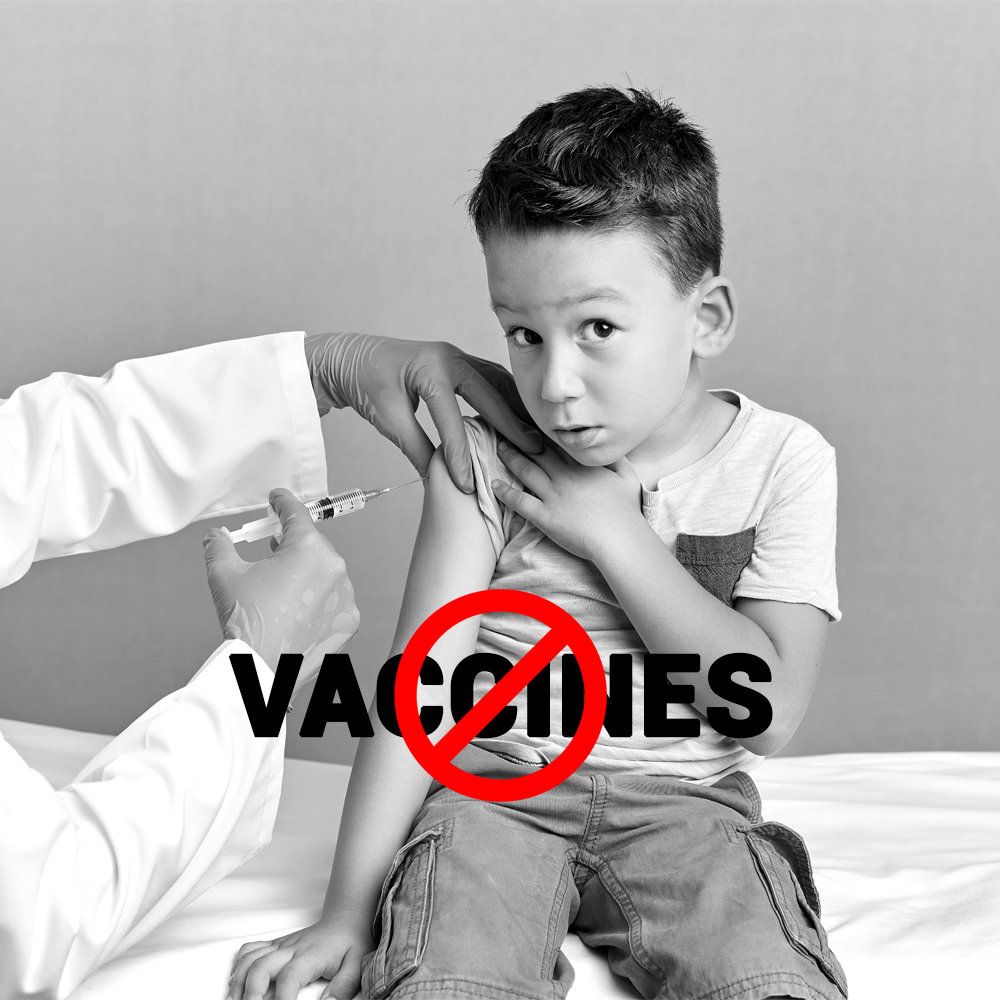Lucy was having a normal, healthy pregnancy without any complications until she received the H1N1 vaccination. On a pregnancy support website, she commented, “I should be 11 weeks pregnant today. I had an appointment with my OB/GYN and was told (from info of ultrasound) that my baby stopped growing on the exact day I had my H1N1 vaccine.”
A similar story is told by Mandy, who blogged, “I was five weeks pregnant when my doctor suggested I get the H1N1 vaccine. I received the shot on a Thursday and was very sore and achy on Friday. I miscarried my baby on Sunday, just three days after receiving the shot.”
Another woman going under the name Regrets stated, “I got both vaccines on Thursday. I was nine weeks pregnant. I miscarried on Sunday. I was told by several doctors to get these vaccines. Now I wish I followed my gut feeling and not get them at all.”
Throughout the internet, pregnant women are sharing their personal stories of miscarriages and still births just days after receiving the H1N1 flu vaccine. Often these women state they had strong reservations against being vaccinated. However, after succumbing to pressures from their physicians, they submitted to the vaccine, experienced complications within a period of 3 days, and then miscarried or discovered later from an ultrasound or sonogram that their baby had died.
According to the CDC’s Vaccine Adverse Effect Reporting System (VAERS), an interactive site where doctors, hospitals and individuals are encouraged to report serious side effects following any vaccination, there are approximately 110 reports of miscarriages and still births following inoculation with this year’s H1N1 and seasonal flu vaccines. Yet VAERS figures are known to be notoriously inaccurate. The CDC itself claims that its database represents only about 10 percent of vaccine adverse effects. This is a very conservative figure. Other studies, however, suggest the database may be as low as 2-3 percent of adverse vaccine incidences. Consequently the number of pregnant women who may have suffered miscarriages from receipt of the influenza vaccines can conservatively be placed at 1,100 and perhaps as high as 5,500, which is greater than the number of deaths claimed to be due to swine flu infection. The most recent number of pediatric deaths from H1N1 infection is only 321. So far the vaccine is already proving to be more deadly that infection with the flu virus.
Eileen Dannemann, Director of the National Coalition of Organized Women (NCOW), has been collecting data and counseling women who have experienced miscarriages and still births following their receipt of the flu vaccines. She has so far received over 200 separate reports, almost twice the number reported in the CDC’s VAERS database. During a conversation with Dannemann, she explained that her numbers are still a small percent of the actual incidences that have occurred. Furthermore, the mortality figures being touted by the CDC are erroneous. For example, the CDC claims 28 pregnant women have died from H1N1 infection in Iowa. However, NCOW’s investigation with Iowa’s Public Health service revealed that no child nor pregnant woman is known to have died from H1N1 infection.
Although miscarriages shortly following vaccination with the H1N1 vaccine have steadily mounted since last October, the pro-vaccine community claims it is strictly coincidental. For example, on a blog in Science News Magazine last November, the author wrote, “These miscarriages would have normally occurred even if the moms-to-be had foregone vaccinations. And that’s because the average background miscarriage rate for any given day (among women far enough along to recognize they are pregnant) is about 397.” The daily 397 miscarriage rate was part of an international study issued by The Lancet on October 30 prior to publication. This is now the official statement, case closed. These are the kinds of conclusions that are being called science within the pro-vaccine community and is an excellent example of the medical denialism that permeates our major health agencies.
The flu vaccine falls under the FDA’s Category C listing of drugs. The FDA defines this category: “animal reproduction studies have shown an adverse effect on the fetus and there are no adequate and well-controlled studies in humans, but potential benefits may warrant use of the drug in pregnant women despite potential risks.” Yet in some cases with the H1N1 vaccine, such as Novartis’ Fluzone, even animal reproduction studies were not performed.
Although flu vaccination is not recommended for babies under the age of 6 months, this does not apply to a fetus still in the womb. Studies have disapproved the earlier belief that the placenta acts as a protective barrier to an unborn child. In the past it was thought that chemical toxins in the mother did not pass to the fetus. However, important discoveries performed by the
CLICK HERE TO DOWNLOAD ALL OF GARY’S VACCINE ARTICLES AND MORE…
More Posts for Show: The Gary Null Show


